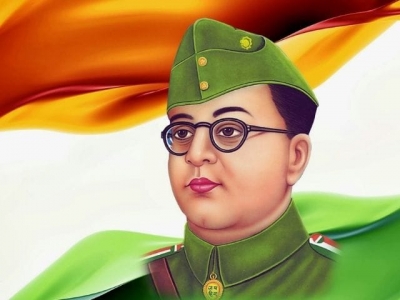
2022 marks 125 years since the birth of Netaji Subhas Chandra Bose. Born on January 23, 1897 in Cuttack, Odisha, Bose was a participant of the non-cooperation movement and a leader of the Indian National Congress. He later broke away to form a more militant faction of the Congress and was known for his advocacy of socialist policies.
Bose graduated from Scottish Church College, Calcutta in 1918 with a first class in philosophy. Earlier, he was expelled from Presidency College in 1916 for beating up his British professor who had allegedly made derogatory remarks about Indian culture.
In 1921 Bose met Gandhiji for the first time and almost immediately there appeared differences in ideology and vision. In 1938, this led to a split in the Indian National Congress with Bose advocating ‘swaraj’ by any means necessary including force, which was contrary to Gandhiji’s non-violent policy.
He was ousted from leadership positions in 1939 and placed under house arrest by the British in 1940. He escaped to the Soviet Union and then to Germany where the Nazi leadership offered help to him. By 1943 Bose became unapologetically aligned with the Axis powers and with Japanese support, organized the Indian National Army with an aim to secure Indian independence from British rule. He used slogans such as “give me blood and I will give you freedom” and led the INA to fight along with the Imperial Japanese Army against the British and Commonwealth forces.
The INA suffered heavy losses when the British reversed the Japanese attack on India. Bose died in a plane crash in Taiwan on August 18, 1945 while attempting to reach Manchuria with a view to seeking help from the Soviet Union.
Picture Credit : Google




